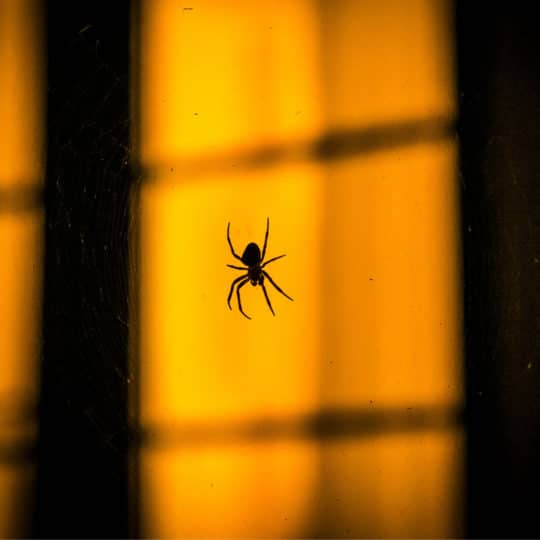What to Do After a Spider Bite

Northern Virginia is home to two species of venomous spider – the black widow and the brown recluse – which can cause painful, and even risky, bites. Other non venomous spiders, while they are unlikely to cause any serious health problems, can also bite, causing some pain.
It is beneficial to know what to expect if you receive a spider bite and how to treat it. Since spiders often live in homes around Gainesville and other areas in Northern Virginia, it is possible that you will experience a spider bite at some point.
First Aid for Spider Bites
Spiders most often bite in defense rather than out of aggression. They may bite a person when startled, such as if you reach into a corner in which a spider is hiding or you move an object behind which a spider is resting.
One of the best steps to take after a spider bite is to identify the type of spider that bit you if possible. If you know you were bitten by a black widow or brown recluse spider, you may need to seek medical attention. If you are unsure what type of spider you were bitten by, but have reason to expect it might have been a dangerous one or you start experiencing painful symptoms, medical care may be necessary.
In general, when a spider bite is not from a venomous spider, it will often cause a raised bump that becomes inflamed and is similar in appearance to a mosquito bite. It will often go away after a few days.
More severe spider bites from a venomous spider can include extreme pain at the bite site and spreading throughout your body, abdominal and muscle pain fever, nausea, and vomiting. If you experience any of these or start to have trouble breathing or swallowing, you should seek emergency medical care.
Otherwise, you can often administer treatment for a spider bite on your own with the following steps:
- Clean the Bite Site – Use a gentle soap, like dish soap, and warm water to clean the bite location after you realize you have been bit.
- Apply an Antibiotic – Applying a topical antibiotic at the side of the bite two to three times daily will help limit any infection.
- Use an Ice Pack – Fill a towel with ice or use an ice pack wrapped in a towel and lay it over the area of the bite for 15 minutes at a time to reduce pain and swelling.
- Use an Antihistamine – Applying a topical antihistamine over the bite can help if there is any itchiness.
- Keep the Wound Elevated – If there is more serious swelling, elevating the wound can help reduce it.
The majority of the pain should begin to fade shortly after and any noticeable redness and swelling should start to diminish over the next few days. If the wound site starts to look worse in appearance or you feel increased pain, you should consider scheduling a visit with your doctor to be sure there was no infection or other complications.
Although spider bites are relatively rare and poisonous spider bites even more so, it is still important to be aware of spiders around your property in order to prevent bites. Pest prevention in Northern Virginia from ExtermPRO can help keep black widows, brown recluses, and other spiders away from your home to reduce the risk of a bite. If you have noticed an increase in spiders around your home, we can also take steps to get rid of spider infestations. Call our team to get started.
Special Offer for New Customers
$50 Off Complete Pest Control Services
Hurry! Offer Expires July 15, 2025